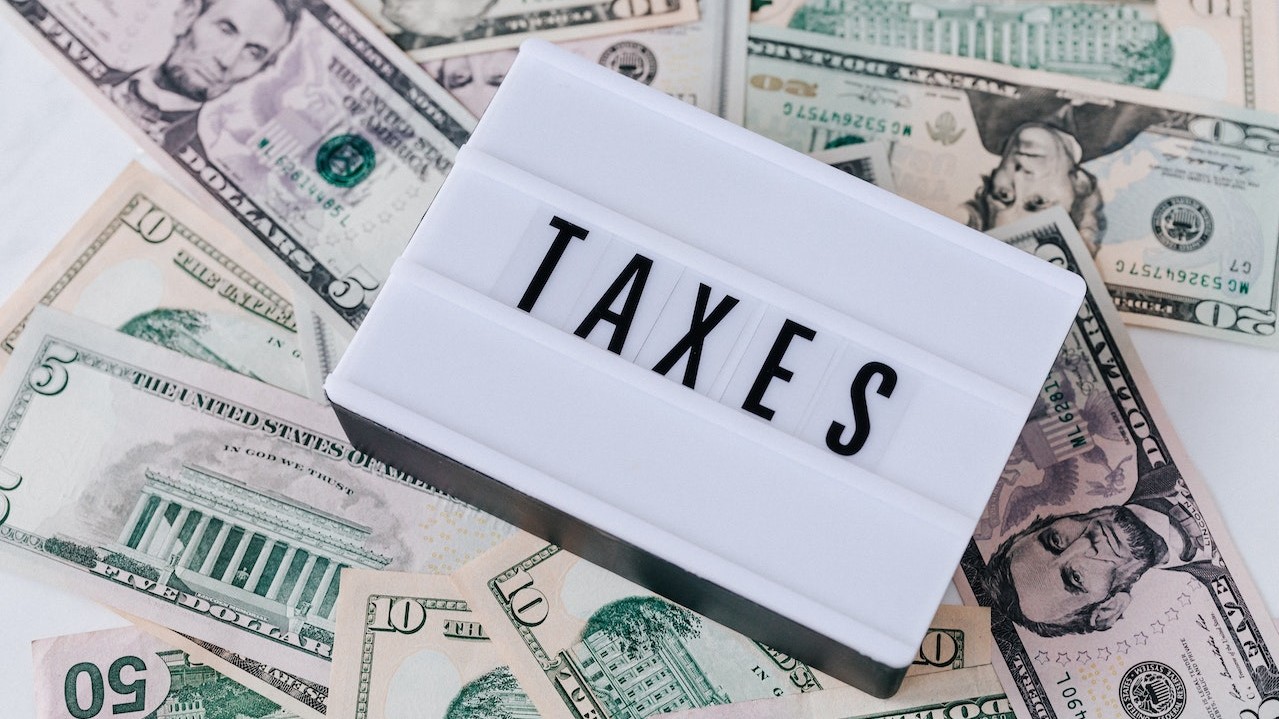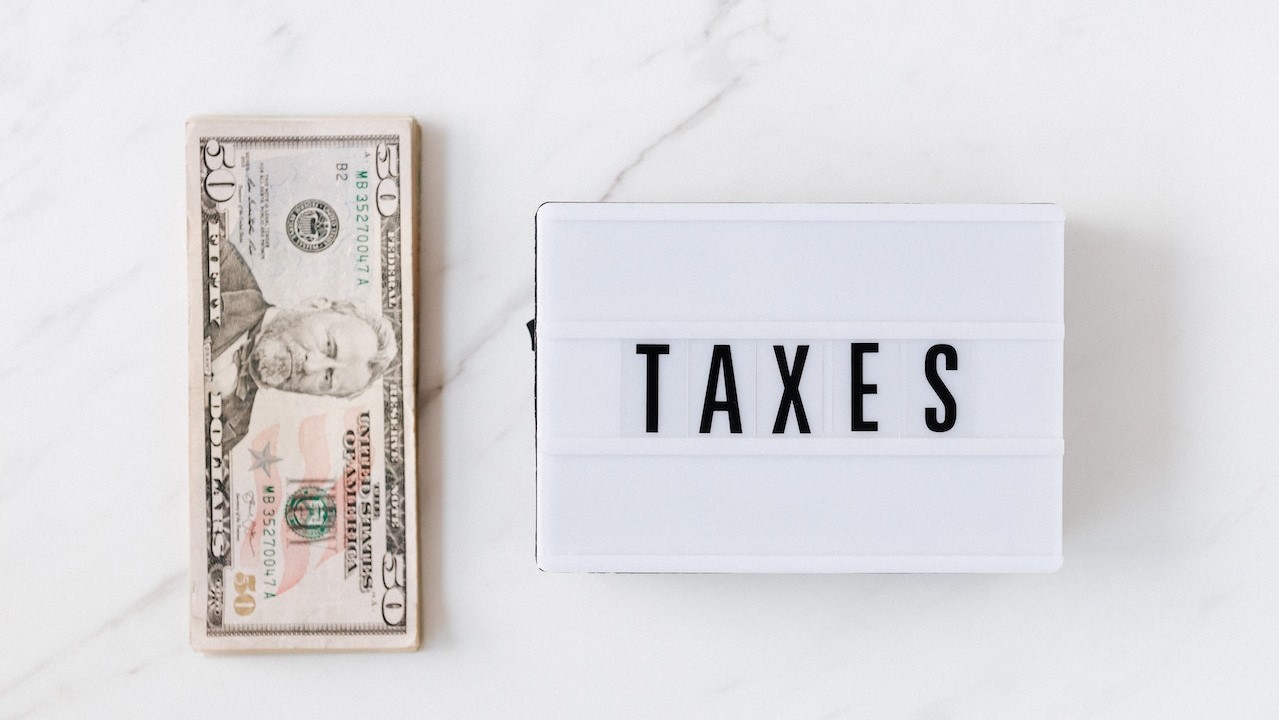Guidelines to Remember for Tax Day
 Photo by Karolina Grabowska under Pexels License
Photo by Karolina Grabowska under Pexels License
Guidelines to Remember for April 15—Tax Day
Another year, another tax season to deal with. Most of you might have probably gotten used to Tax Day by now, but it’s still important to keep yourself updated on the latest details on taxes, particularly those concerning requirements and guidelines. With this year’s tax deadline set on the 15th of April, taxpayers still have sufficient time to compile and process all the necessary tax documents from 2018.
Since we know how stressful and draining it is to manage piles of tax papers, we are here to assist you. Below you’ll find some of the most common concerns people have about Tax Day. Make sure you take note of them!
Requirements for Submitting Tax Returns
To submit your 2018 tax return, you will need to bring a copy of your Form W-2, or the Wage and Tax Statement. See to it that you’ve listed the amount of all the wages you’ve earned from your job or jobs during the previous year. If you work as a freelancer, you will be required to submit a 1099 form instead.
Filing Date for Your 2018 Tax Return
Since January 28, the IRS has been accepting tax returns from taxpayers. Before you start to file your taxes, be sure that you already have your Form W-2 from your employer. Also, the form needs to be filed and postmarked on or before the 31st of January, so make sure you check the date once you’re done filling it out.
What to Do If You Still Haven’t Received Your W-2 Form
In case your employer has not provided you a copy of your W-2 form by the middle of February, you’ll need to contact them as soon as possible. Kindly tell them that you need to obtain your form, as they may have forgotten about it. Another option is to call the IRS at 800-829-1040 and give them details such as the following:
- Your name, address, contact number, and social security number
- Your employer’s name, address, and contact number
- Date you started working for your current employer
- Your estimated federal income tax withheld and paid wages in 2018
Getting An Extension
If you have a feeling that you can’t make it on the due date, don’t lose hope just yet. You can actually request an extension from the IRS. They’ll be asking you to complete and submit Form 4868, with your new due date scheduled in October.
Keep in mind that the extension will only apply to the date you needed to file your return. This means that you’ll be providing the IRS the money you owe by the April due date. In case you file late with an extension and you owe them to a taxable amount at the same time, it’s likely that you’ll be adding interest to the original amount you owe.
It’s also possible to file late without asking for an extension. If that happens, you’ll be paying a late filing fee. Normally, the fee is 5% of the amount you owe per month that the return is filed late.
When to Expect Your Tax Refund
The IRS usually sends tax refunds within 21 days of filing. The sooner you file your tax return, the sooner you’ll get your tax refund. Learn more about your tax refund here.
Tax Preparation Checklist
Now that you’ve made your decision to file your tax papers on the actual due date or on the date of extension, it’s time for you to compile all the papers you’ll need for your tax return. You should already have these forms and documents with you at the start of the year.
- Health insurance documents (Form 1095-A, 1095-B, or 1095-C, depending on your coverage type)
- Other tax documents (ex. Form 1098-E for individuals repaying their student loans, Form 1098-T for individuals with mortgages, etc.)
- Retirement plan documents (Form 1099-R or Form 5498)
- Receipts
- Medical costs
- Childcare costs
- Moving expenses
- Donations to charity
- Work-related expenses (if you are employed)
- Business expenses (if you are self-employed)
- Costs of school supplies (if you are a teacher)
 Photo by Karolina Grabowska under Pexels License
Photo by Karolina Grabowska under Pexels License
Receive a Hefty Tax Write-Off from Goodwill Car Donations
Do you want to make a significant contribution to your community and enjoy tax benefits at the same time? You can easily do that by donating a vehicle you no longer need to us at Goodwill Car Donations.
We will auction off your donated vehicle and use the proceeds to support the critical programs of the Goodwill organizations in your area. These programs are meant to harness the full potential of those individuals in your community who are burdened with disabilities and other disadvantages that prevent them from becoming productive members of our society. Thanks to your vehicle donation, they can get free access to numerous life-changing training programs that would lead to job opportunities.
If you’ve been planning to get rid of your car, handing it over to us would be the most ideal option. You’ll be disposing of it for free, avoid the hassles of paperwork, and give yourself the opportunity to benefit from a top tax deduction.
To know more about Goodwill Car Donations, our donation process, the types of vehicles you can donate, and other important details, check out our FAQs page. For inquiries, give us a call at 866-233-8586 or send us an online message.
You can make your car donation by either filling out our secure online donation form here or calling us.
Slash Your Tax Bill While Helping Your Community
There are certain guidelines you need to remember for Tax Day. The occasion also serves as a reminder of how you can reduce your taxable income while doing something good for your community. Call us today at 866-233-8586 and uplift the lives of the disadvantaged people in your area with your car donation!
Last Updated: May 26th, 2023